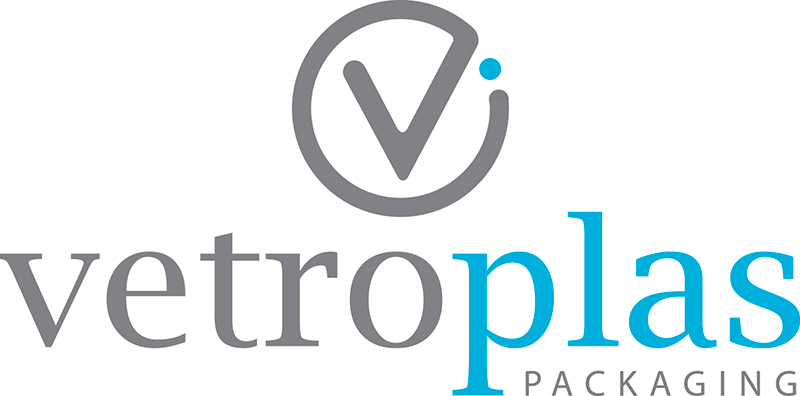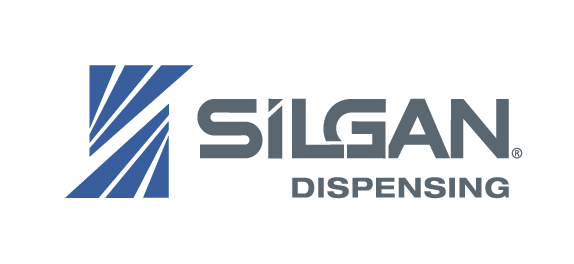The use of airless technology in packaging is largely about zero product waste, preserving product integrity and reduced packaging material. This obviously gels well with the growing trend towards sustainability, which explains the uptake in this technology led by cosmetics packaging, industry experts argue.
Consumers’ appetite for natural and sustainably-made cosmetics and personal care products increasingly influences product packaging too: “Natural and organic personal care brands that extend that ethos to packaging will stand to see the most success,” says David Luttenberger, Mintel’s Global Packaging Director, quoting from Mintel’s 2015 US Natural and Organic Personal Care report. He tells SPC that in North America, on-pack claims in beauty and personal care product introduction touting ethical, environmentally-friendly packaging have risen 20% during the past five years to 2016.
Interestingly, this compares with a 19% decline in the Asia Pacific region and an 18% decline in Europe, as Luttenberger points out. However he adds that these declines “don’t necessarily mean consumers in those regions are less concerned with packaging’s impact on the environment – perhaps it is more of an expectation consumers place upon the brand rather than a marketable claim”.
A report by Transparency Market Research has estimated the global airless packaging market (including cosmetics and personal care products) will generate sales of



